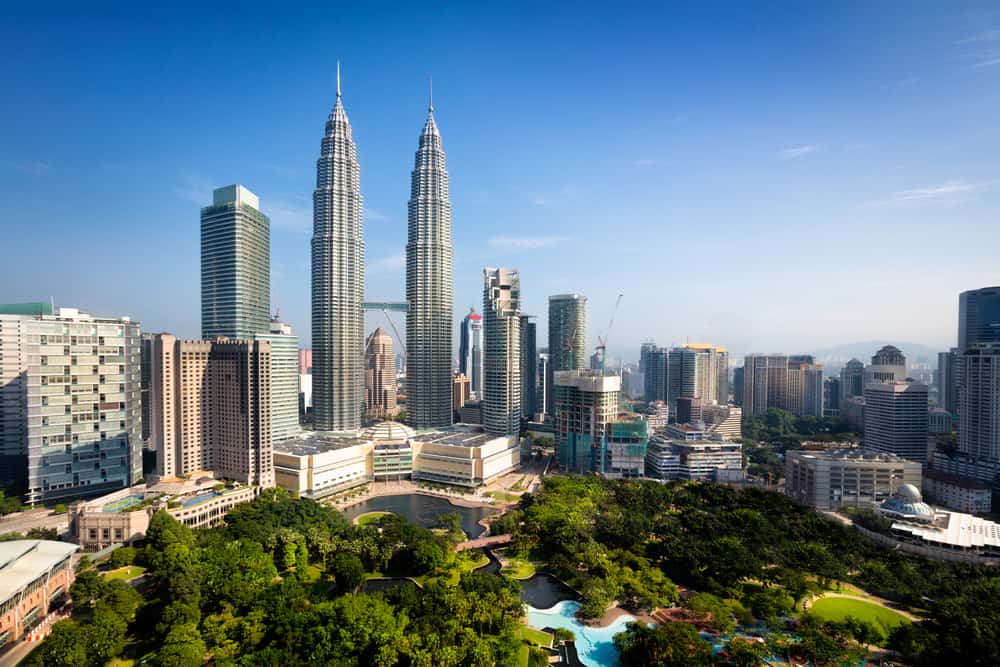Malaysia: At the top of the Islamic digital world
This article is produced and sponsored by the Malaysia Digital Economy Corporation (MDEC). It was first published in the State of the Global Islamic Economy 2019/20 report produced by DinarStandard and supported by the Dubai Islamic Economy Development Centre. The report can be downloaded from here.
For years, Malaysia has seen huge contributions to its GDP come from its burgeoning digital economy, with a prediction that 21% of the nation’s GDP will be digitalized against the current level of 18% come the year 2022. Interestingly enough, a large chunk of this digital pie consists of digital products and services catering to the Islamic crowd. From Islamic finance to Muslimfriendly travel options, demand and supply in this particular sector have seen a steady climb in recent times.
Lately, Malaysia has escalated its focus on serving these sectors, with the Malaysia Digital Economy Corporation (MDEC) acting as one of the leading lights in this regard. In 2017, MDEC took a step forward by releasing Mi’yar—a guide and reference created for start-ups, investors, and other ecosystem players interested in being a part of IDE.
Serving as a reference point, Mi’yar helps entities understand the requirements for Islamic venture capital, Shariah compliant business operations, and halal products and services. In addition to keeping businesses compliant, the Mi’yar guide was also crafted to expedite growth for those within the IDE ecosystem—one of MDEC’s key focus areas in its mandate to grow Malaysia’s overall digital economy.
Fast forward to today, Malaysia has become a global leader in numerous segments within the IDE, having been identified as the top Muslim travel destination in the world, the largest sukuk issuer in the world, the possessor of one of the world’s best halal standards, and leader in global Islamic finance and banking.
Additionally, the number of innovative Islamic businesses in Malaysia is on a healthy uptrend, with 15 start-ups currently certified as IDE compliant. Among these are names such as Wahdah Technologies, Tripfez, Salam Web Technologies, Zaahara Ventures, ZeptoExpress, Wahed Technologies, Ethis Ventures and many others—all of which have demonstrated the capacity to perform as digital service providers on the same level as not only the best in the Islamic scene, but also the rest of the world.
Looking ahead, there is much cause for optimism for anyone with a vested interest in Malaysia’s digital Islamic scene. Building upon strong fundamentals, Malaysia’s IDE is poised to witness an influx of funds from investors who have taken note of the scene’s strong growth. In June 2019, the Malaysia Tech Week organised by MDEC saw an investment inflow of approximately RM30 million from Islamic venture capital firms such as Ficus Venture Capital and China-based Gobi Partners into Islamic tech start-ups and platforms that use Malaysia as a focal point.
This should be considered alongside the wealth of opportunity available on a global scale—with a worldwide Islamic population of over 1.8 billion Muslims, Malaysia’s status as a leader in Islamic digital services, technology, and finance puts it in an enviable position to grow its Islamic market capitalisation and continue its excellent track record of innovation in all things IDE.
© State of the Global Islamic Economy 201920 All Rights Reserved

Malaysia Digital Economy Corporation (MDEC)